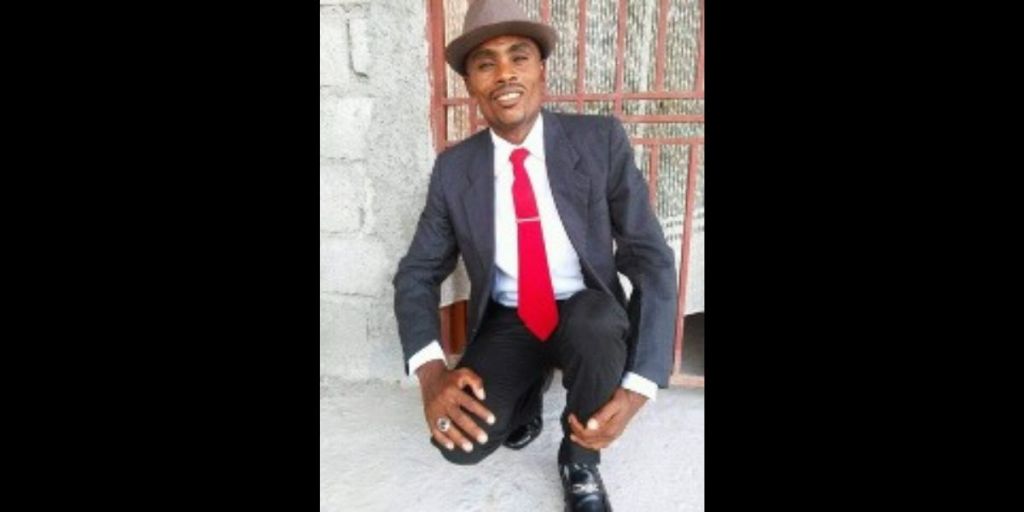Miami, June 3, 2024– The Committee to Protect Journalists urges Haiti’s Superior Council of the Judiciary, the country’s judiciary oversight body, to provide judge Jean Michelet Séide with the necessary resources and protections to conclude his investigation into the October 2022 murder of radio journalist Garry Tesse.
Last month, the council appointed Séide to take over the case from judge Robert Jourdain, who requested to be removed due to threats he received. Séide has requested protection from the council due to the sensitivity of several cases he is handling, including the Tesse murder, according to local news site Van Béf Info.
Despite the appointment of a new judge, the case remains in the hands of local prosecutor Ronald Richemond, who is accused by a key witness of involvement in the murder.
Under Haitian law the judge has exclusive control over the investigation, including collecting evidence and summoning witnesses to testify. But it’s the prosecutor who handles the trial phase.
Several weeks before Tesse was found dead in the southern city of Les Cayes, the journalist had gone on his show on Radio Le Bon FM to accuse Richemond, a political appointee, of plotting to have him killed.
“Haiti’s Superior Council of the Judiciary must guarantee that judge Jean Michelet Séide can investigate the circumstances around Tesse’s murder without fear for his own safety,” said CPJ U.S., Canada, and Caribbean program coordinator Katherine Jacobsen in Washington, D.C. “A transparent and fair investigation into Tesse’s killing would be an important step in ending impunity in this and other cases, and help bolster the rule of law in Haiti at a critical time.”
Jacobsen added that CPJ “welcomes the appointment of a new Prime Minister, Garry Conille, and encourages him to review the handling of the case by the Ministry of Justice.”
Richemond has not responded to CPJ’s repeated requests for comment in relation to the case. The prosecutor issued a video statement on Facebook three days after Tesse’s body was found in which he rejected the accusations of his involvement in the killing.
The killing of the 39-year-old journalist sparked outrage and street protests. But the investigation into his death has languished, leading his family and friends to accuse the local government of a cover-up. His brother, Vano Tesse, told CPJ that the family is waiting to meet with the new judge and is hopeful that Richemond will be replaced. “We believe that justice will prevail,” he said.
Haiti has slid into virtual lawlessness and gang rule following the assassination of the country’s president Jovenel Moïse in 2021. The case exemplifies a long-running problem in Haiti’s justice system, which has a low conviction rate as investigations are impeded by a toxic mix of corruption, political influence, cumbersome bureaucracy and fear of reprisals against the judiciary. At least six Haitian journalists have been murdered in direct reprisal for their work since Moïse’s assassination. CPJ has also documented half a dozen kidnappings of journalists in recent months.
Haiti was ranked as the world’s third-worst nation in CPJ’s 2023 Global Impunity Index, which ranks the countries where killers of journalists are most likely to go unpunished.
